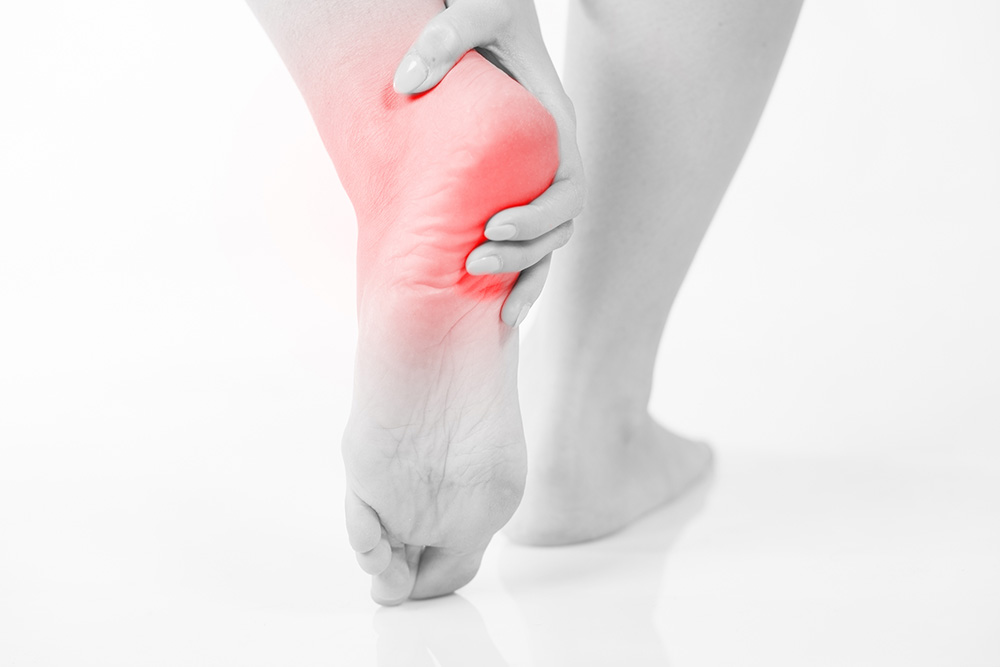In our most recent blog post we reviewed 5 ways that physiotherapy can help treat heel pain related to plantar fasciitis. In this post, we are going to review commonly missed issues in ongoing heel pain (stretching tight calves or using orthotics are not always the best solutions!).

Plantar Fasciitis can be a common reason for heel pain. However, if you continue to have heel pain for more than two months or have already received treatment for plantar fasciitis with limited success, you may have to consider that there may be factors other than an 'inflamed' plantar fascia, that are driving your heel pain.
Here are four commonly overlooked issues that result in overloading the structures on the bottom of the foot.
- Non-optimal weight-bearing
- Ask yourself – are you constantly bearing weight onto your heels? If so, you may need to address this first to help your treatments be effective.
- Test yourself by assessing whether you weight is:
- evenly distributed between the left and right foot
- spread through the four corners/tripod pattern in each foot
- Muscle imbalances
- Weakness in the back, hips, knees, ankles, and/or feet – this may result in the ankle collapsing inward causing the medial arch of the foot to be stressed.
Have you had a previous injury to any of these regions? This may underlie the inhibition of stabilizer muscles of your lower leg.
- Joint stiffness
- Lack of mobility in the hips, knees, ankles and/or feet – can also result in the medial arch of the foot to be under stress.
This too may be the result of a previous injury, like an ankle, knee or back sprain injury.
- Nerve tension
- Lack of mobility in the nerves (yes they need to move too!) – can also result in certain muscles being inhibited or overused.
- A thorough assessment of neural tension will require looking at the spine as well as the lower leg. Please check out our previous blog about some nerves that can cause heel pain.




No matter the reason, heel pain is often the result of a repetitive strain injury (i.e., a structure that is irritated due to it being 'overloaded). So, if you have had heel pain that seemed to be resistant to recovery, you may just need to look a bit closer at one or more of the above commonly missed issues.

